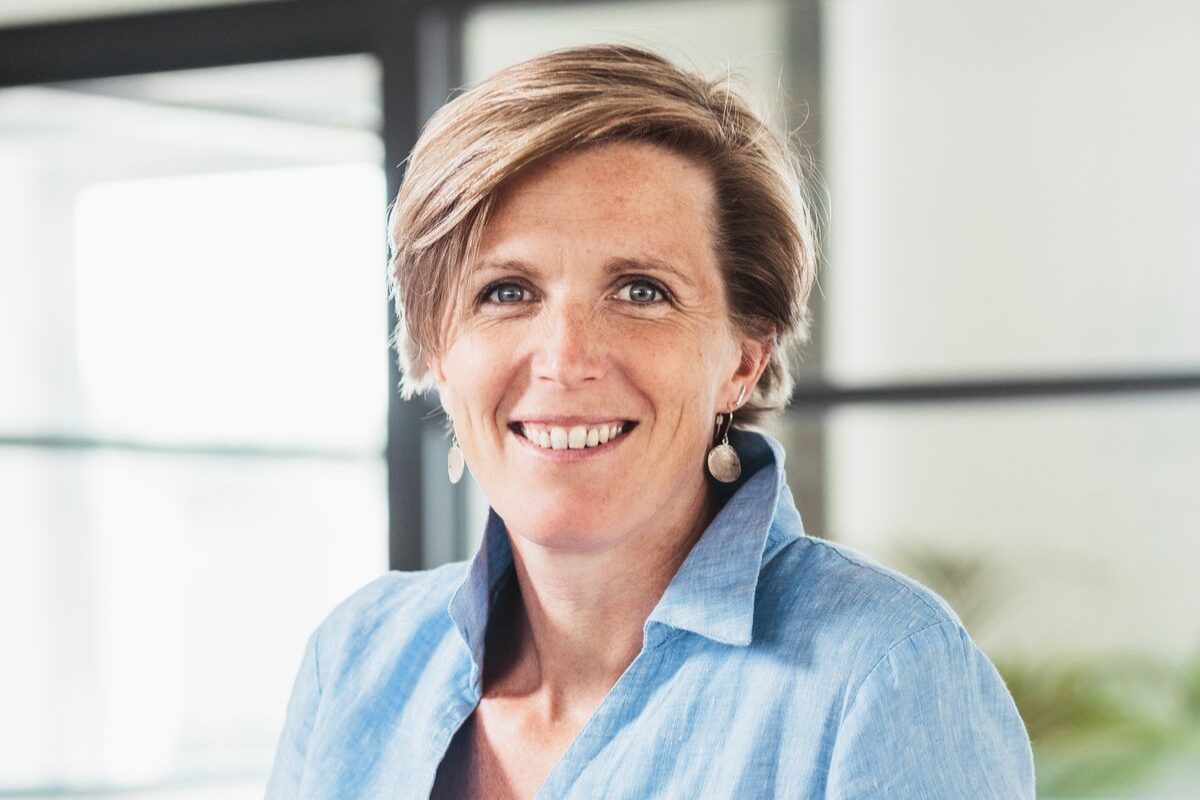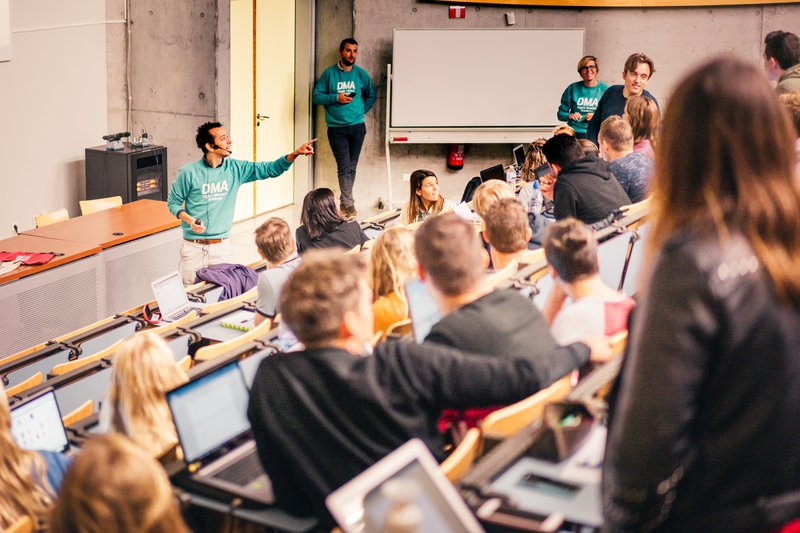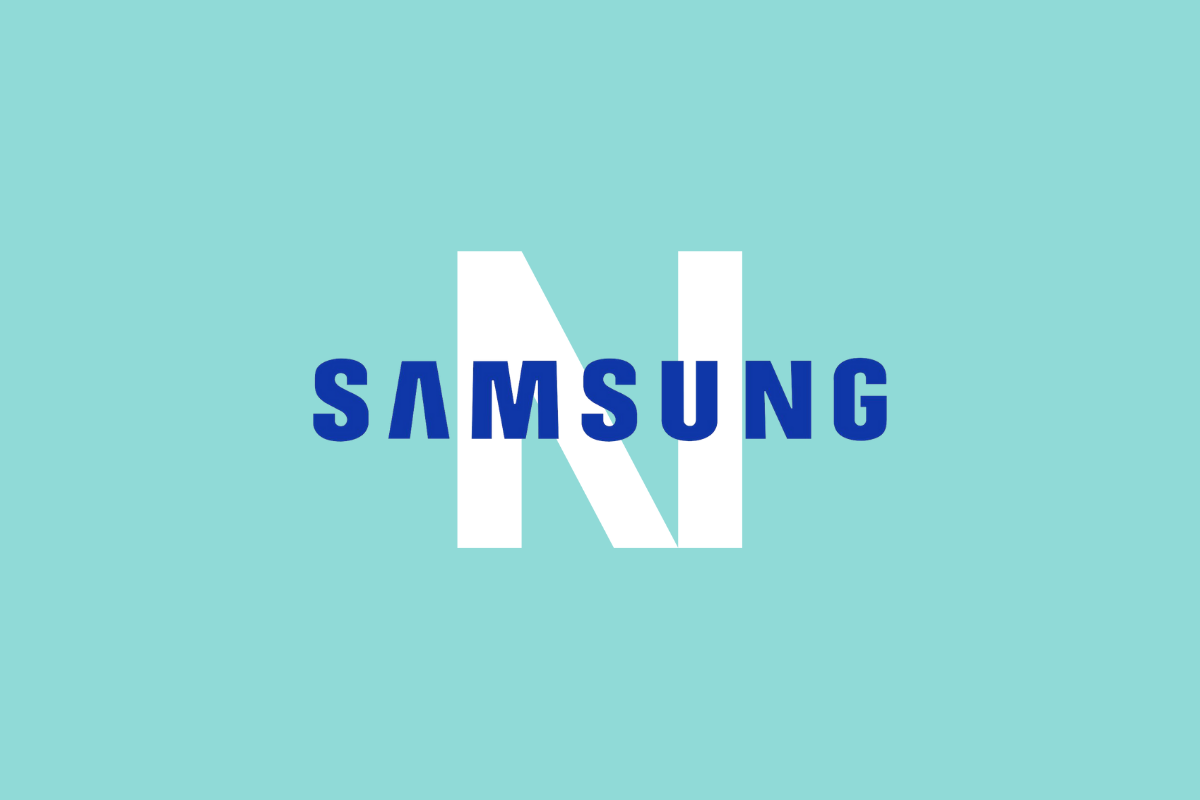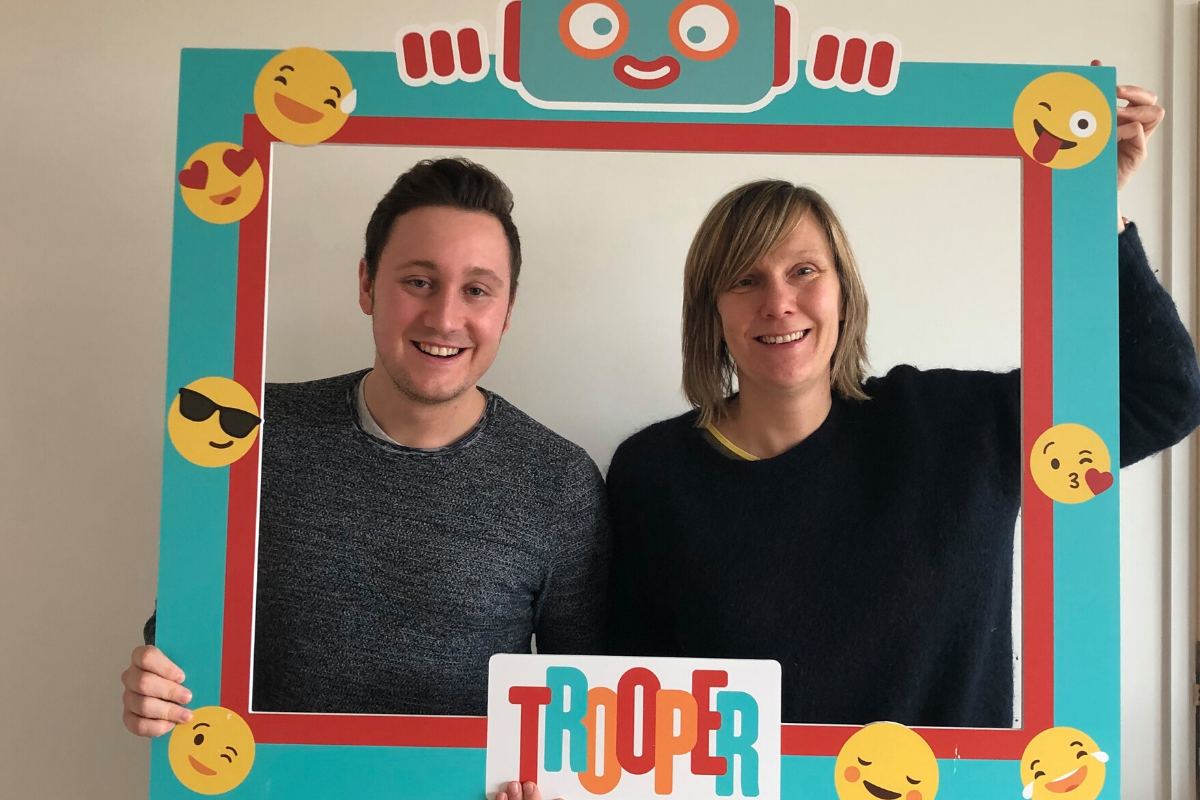Camille Meert on talent attraction in the age of digital information
We are in the midst of industry 4.0 or the smart industry, where data have become the most important resources and the digital highway is the logistics route by excellence. Jumping on the train is crucial for entrepreneurs, as is knowing how to attract the right talent with the right digital skills. But that is precisely where the problem lies: there is a scarcity of digital (marketing) talent on the Belgian market.

"Successful initiatives such as the Digital Masters Academy enable you to match the talent and soft skills of a young potential to a suitable employer, which, in turn, makes the influx into the labor market more qualitative: young people have more to offer than when they left the school desks", says Camille Meert. "That experience can be invaluable for the starter, but it also benefits the employer tremendously, since it highlights the skills of the recruit."
The philosophy behind it is the same as the idea behind dual learning: the best way to prepare young people is to have them gain experience in a work environment. "By offering starters a knowledge- and practice-oriented learning trajectory enabling them to also work on their soft skills, we truly go all-in on active learning," explains Camille Meert. “For today's employers, these soft skills are at least as important as hard skills and a degree. We are evolving towards an economy where output is much more important than input. It is not so much about what you do, but how you do it: the ownership of the employee. That is why industry 4.0 places increasingly more importance on soft skills such as flexibility, creativity, agility, communication, solution-oriented thinking, coaching, assertiveness, and cooperation. In short: new recruits must be able to take ownership, but from a business point of view. They need to know how to implement new technology to achieve better results while also having the can-do mentality to do so effectively. "
Specifically, students receive a budget during the process to set up an online campaign for a non-profit organization and they must profile themselves as consultants for that company. "With a minimum of guidance," adds Camille Meert. “It is entirely their responsibility to make that campaign succeed. They do, of course, receive the necessary coaching and feedback moments, but we don't hold their hands during the process."

Long Live Learning!
In other words, dual learning in a digital environment. Or more precisely – lifelong dual learning. Because those hard and soft skills must continuously be permanently refined. Being able to acquire new skills and knowledge quickly becomes vital in the digital economy. "Our parents lived according to a completely different paradigm," says Camille Meert. “You learn a profession, carry it out until the age of 65 and retire. This is no longer the case today. The trajectory has become much more unstable and people, especially in the digital sector, are forced to keep on learning in order to stay on top. That's something we want to prepare these young people for. ”
Leena Nair of Unilever puts it this way: "It is possible to create employment for life if we are willing to learn, unlearn and relearn our entire lives." John Hagel of Deloitte speaks of scalable learning: the talent to pick up new information quickly and to develop the skills to act accordingly. "Companies must also assume their responsibility by investing in the personal growth of their employees," stresses Camille Meert. “This is necessary both to keep their offer on the market relevant, and to attract and retain employees. In the current economic climate, the candidate has the power. There is an enormous demand for digital competencies, which means that professionals with a minimum of experience receive a lot of opportunities. The salary is no longer a priority for young potentials. The total offer is. Extra-legal benefits such as training and development, flexible working hours, corporate culture... play an important role.”
Keep reading.




